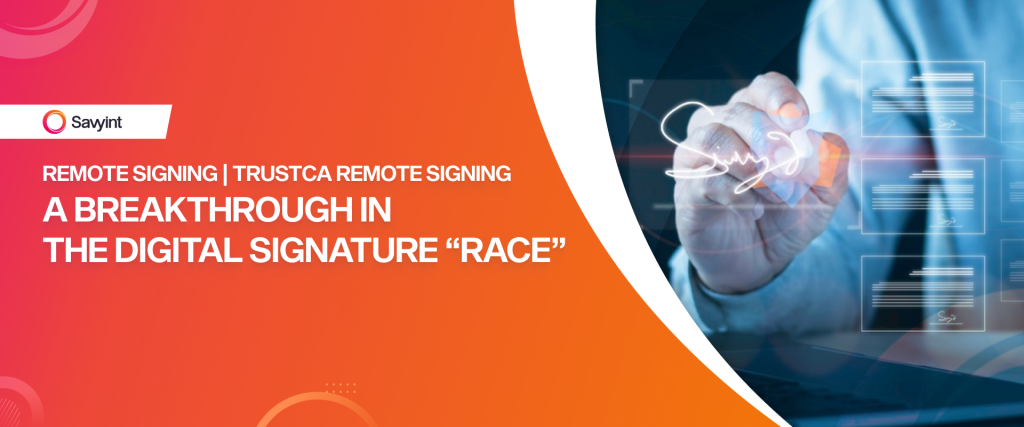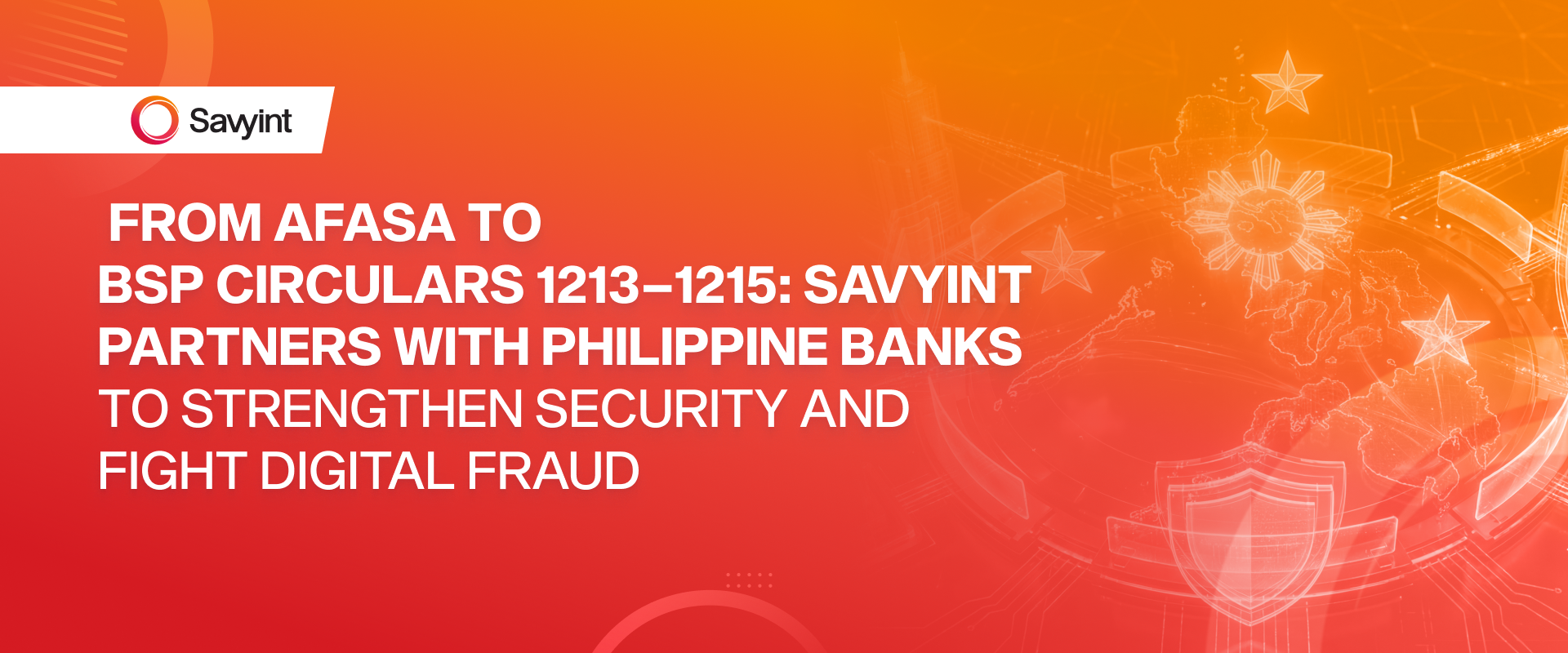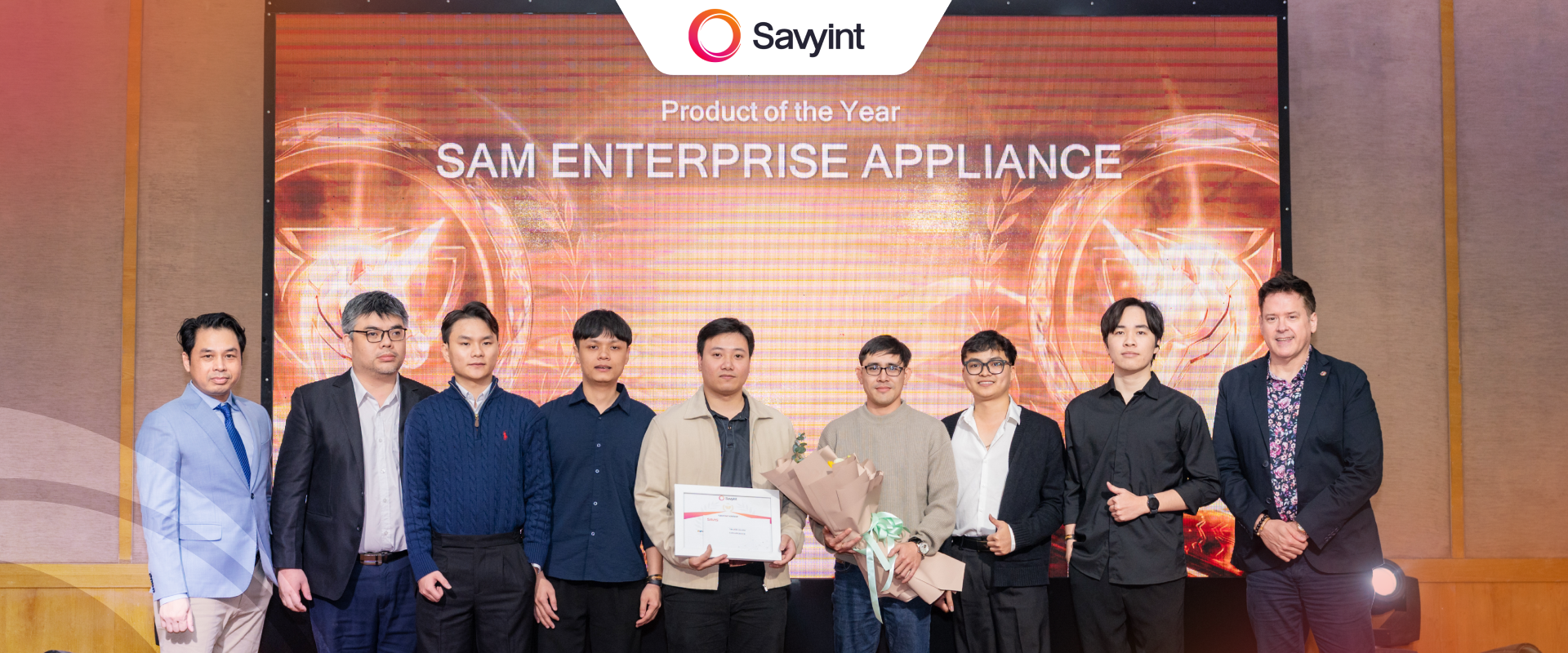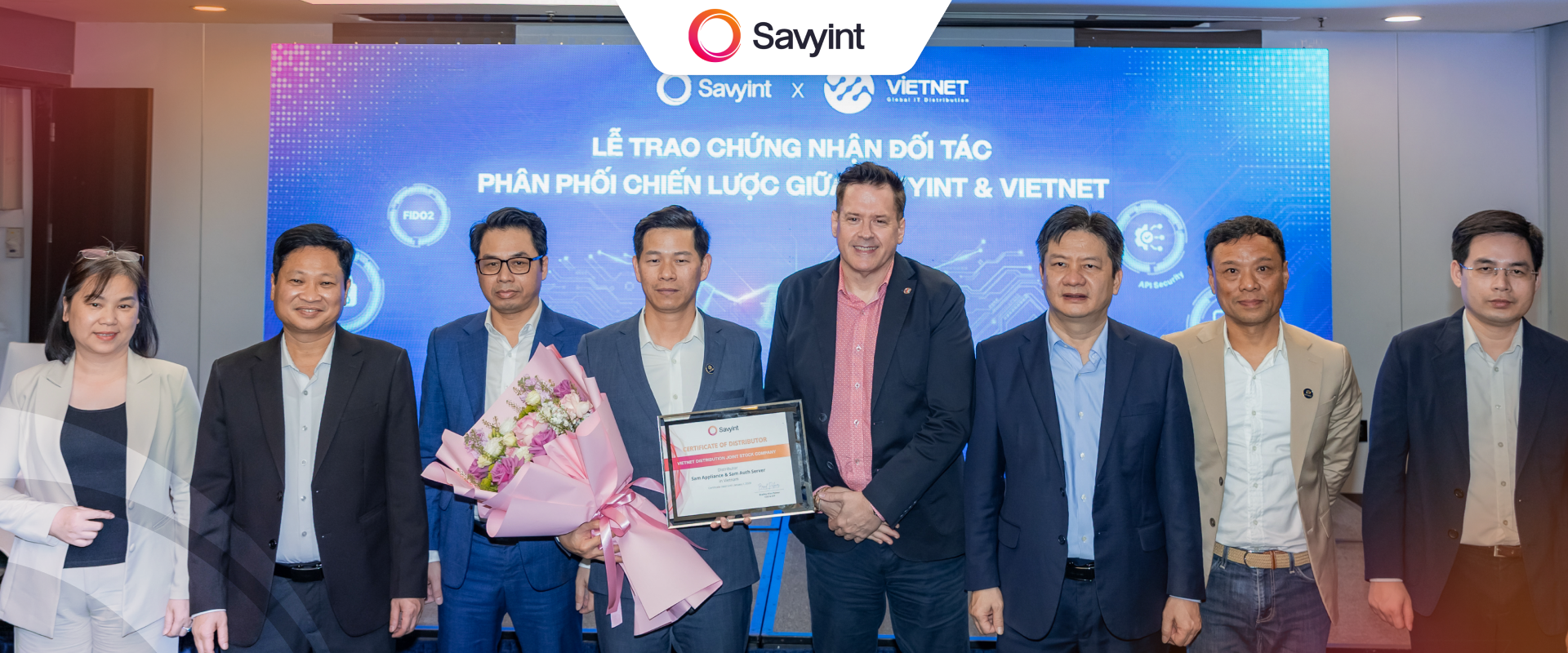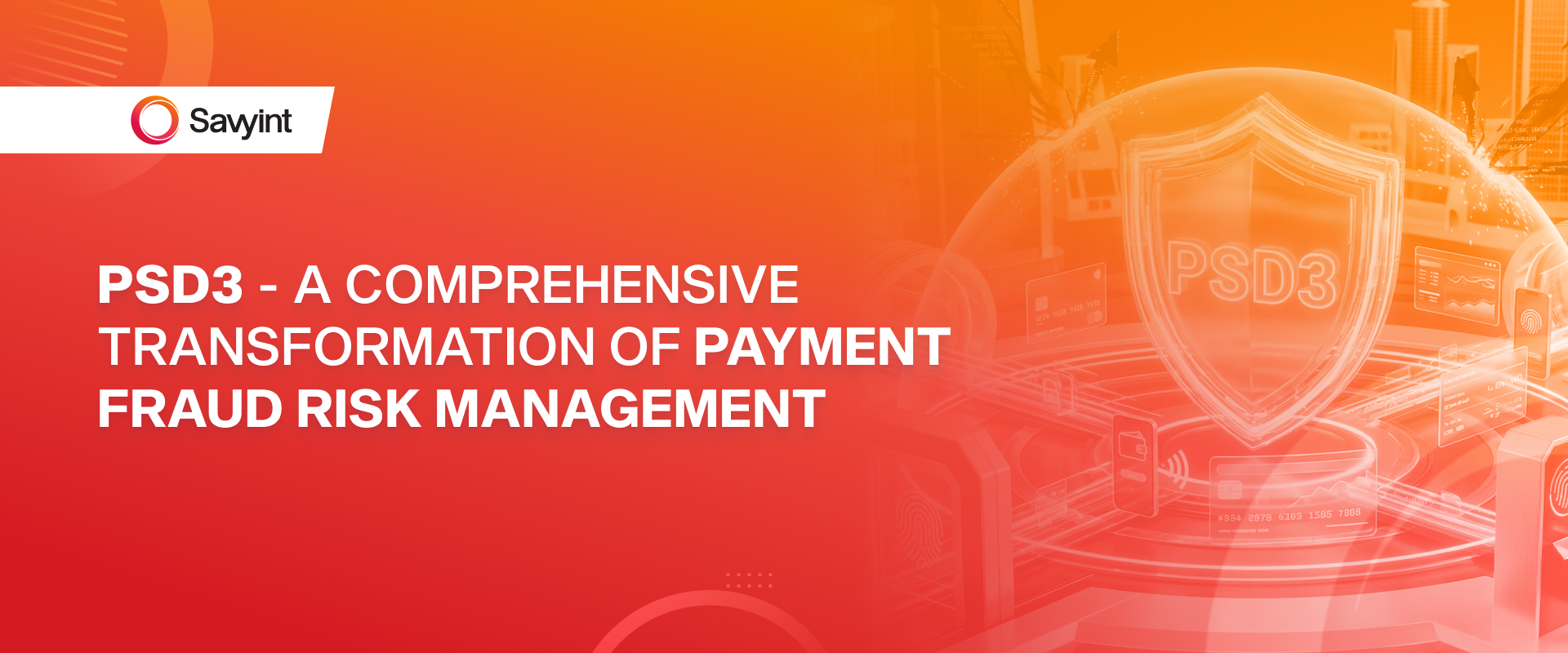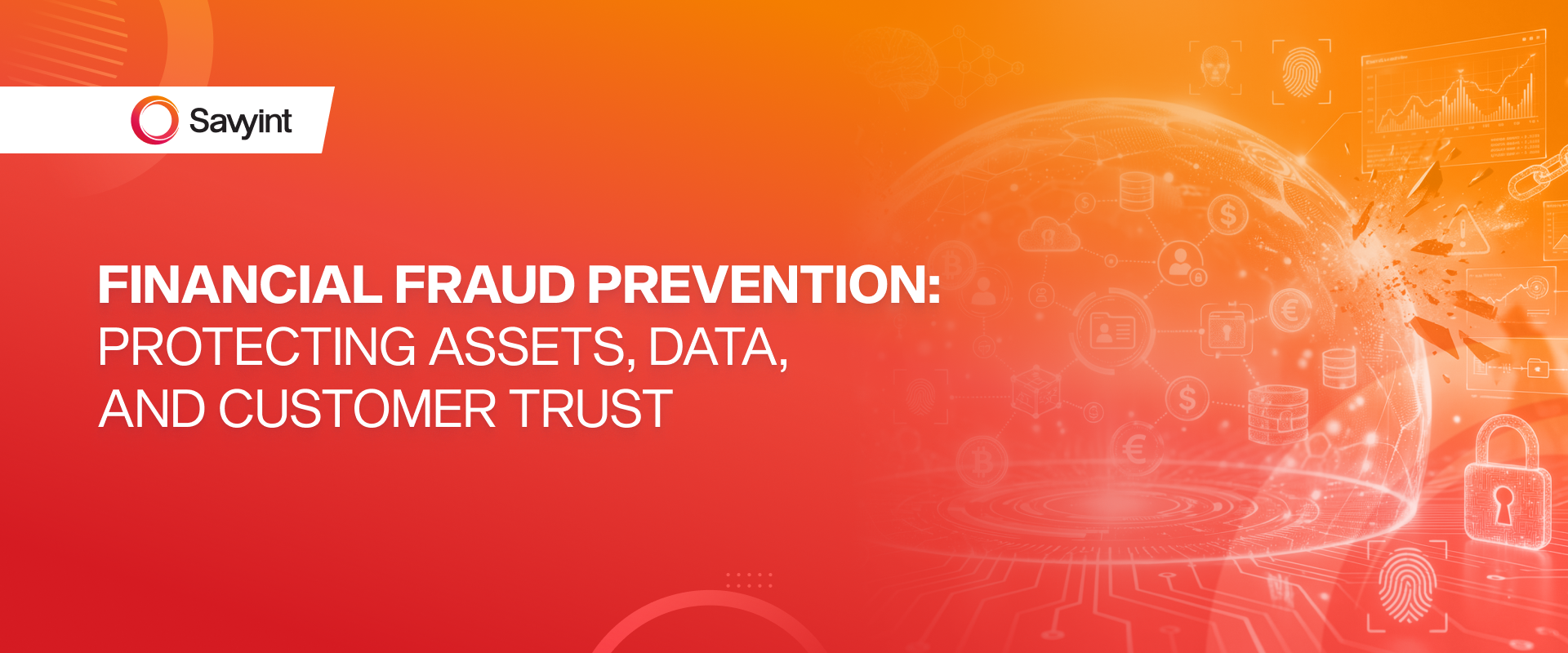With the digital transformation wave sweeping across all industries, the application of digital signatures in electronic transactions has become more urgent than ever. However, the traditional USB token method has become one of the causes of inconvenience for organizations and individuals.
USB tokens are no longer a suitable digital signing method
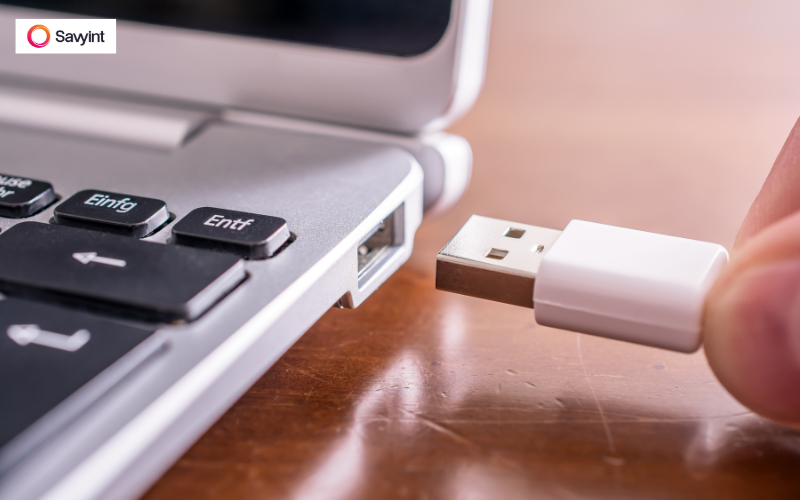
While USB token-based digital signatures are still widely used and meet the basic digital signing needs of many organizations, as the number of documents to be signed increases, the demand for digital signing also increases significantly, along with higher requirements for signing speed, convenience, security, and reliability. In this case, USB tokens have many inconveniences:
- Always having to carry a USB token with you
- Being required to sign on a computer with a USB 2.0 port, unable to sign on small devices such as mobile phones, tablets
- Difficult to integrate with digital signature software and automated signing processes
- Unable to integrate with advanced digital signature technologies, long-term validation signatures (LTV, LTANS)
- Risk of password exposure or loss of USB token device
TrustCA Remote Signing – A leap forward in the digital signature race
Pioneering research and development in digital signature systems, SAVIS is one of the first units to be granted a license by the Ministry of Information and Communications to provide digital signature certification services under the remote signing model in October 2021, called TrustCA Remote Signing.

Now, with TrustCA Remote Signing, users do not need to carry a computer or USB with them when signing documents, but can easily sign directly on their mobile phones or tablets. Another plus of remote signing is that users can sign multiple documents at the same time in a dynamic process, batch signing without having to manually sign each page.
Convenient, fast and minimizing risks, TrustCA Remote Signing commits to superior security levels with a mechanism to ensure: the key pair is under the sole control of the user, only the user can activate the signing key, and the service provider cannot interfere in this process.
At the same time, TrustCA Remote Signing can be integrated with TrustCA Timestamp and long-term validation signature technologies (LTV, LTANS), helping to prevent fraud and forgery to the highest degree in electronic transactions. Integrity is affirmed when any changes to the document after the signing time.
Along with the EU QTSP certification for digital signature services and electronic seals under the remote signing model, SAVYINT’s TrustCA Remote Signing is widely recognized in 27 countries of the European Union, promoting cross-border electronic transactions between Vietnamese organizations and businesses and EU partners.
In particular, TrustCA Remote Signing is more user-friendly for individuals thanks to its flexibility, low cost, ease of use, and signing operations. This promotes the digitization of documents and contracts signed between individuals and individuals, individuals and organizations – a bottleneck that USB tokens have not been able to solve.
TrustCA Remote Signing has created a powerful leap forward in the digital signature race, digitizing processes, authentication, and electronic document storage.
Contact SAVYINT today for detailed advice on services and solutions!

